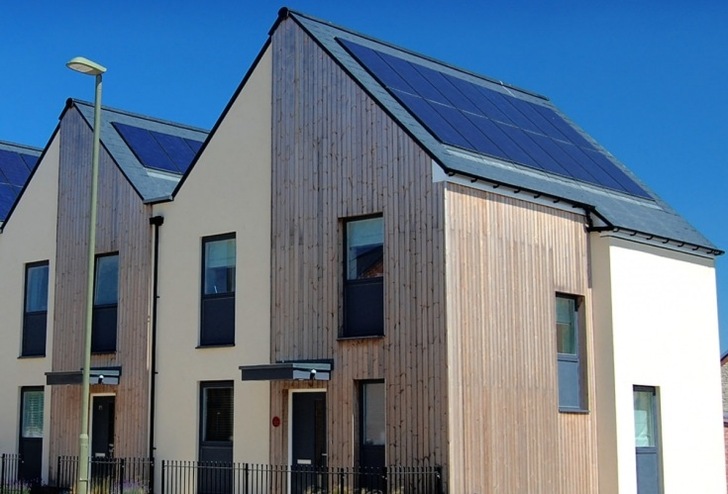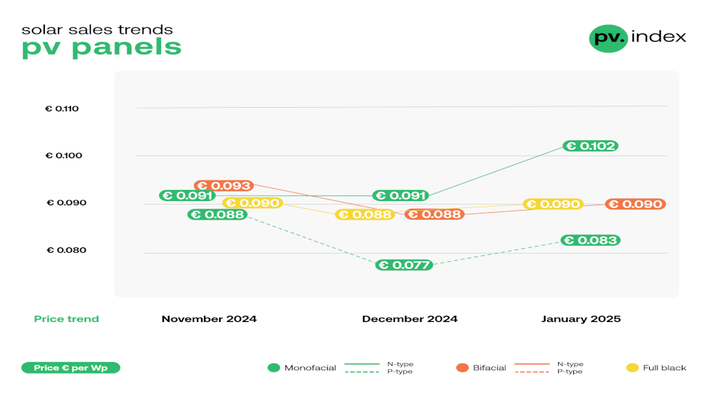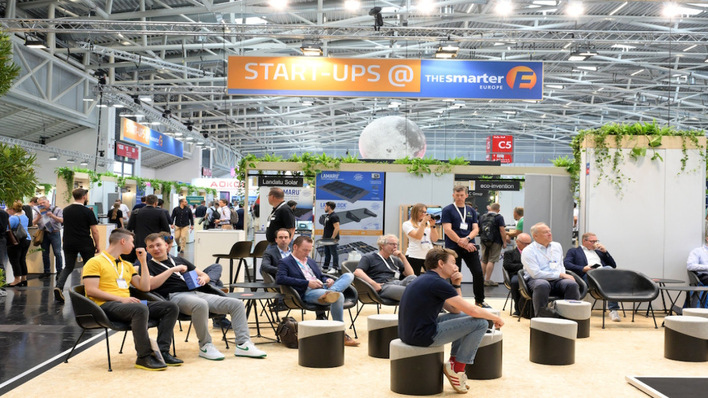Reccently, the UK Ministry for Housing, Communities and Local Government has published a long-awaited decision on future building standards for new homes. Part of the decision includes an interim uplift to Part L standards under which housebuilders will need to ensure that, from June 2022, new homes produce 31 per cent less carbon emissions compared to current standards. Housebuilders will be required to apply the new regulations to each individual home built.
Solar Energy UK (formerly the Solar Trade Association) chief executive Chris Hewett said: “We are delighted that the government has listened to our call for higher ambition on building standards, and that it will preserve local governments’ ability to set higher standards if they choose. Every new home built will require an increase in energy efficiency that could be met by solar. This is a real victory for our industry and consumers, acting as an important steppingstone on the way towards a more ambitious Future Home Standard come 2025.”
Growing challenge of decarbonising housing stock
Hewett went on to say: “The home of the future will feature solar panels and a battery. It may well be heated with electricity, have solar heated water and an electric vehicle parked outside. It will be well insulated, well-built and cost less to run than today. All the necessary technology exists at reasonable cost. Housebuilders, let’s get started.”
Residential buildings currently account for 15 per cent of the UK’s carbon emissions, and with the government targeting 300,000 homes built each year, the challenge of decarbonising housing stock in line with the UK’s 2050 net zero-emissions commitment is growing.
Solar energy technologies are expected to play a significant role in future decarbonisation. Last year Solar Energy UK published research revealing that the UK needs more than 4 million homes to be fitted with solar photovoltaics, battery storage and intelligent energy controls over the decade in order to tackle peak electricity demand. (mfo)








